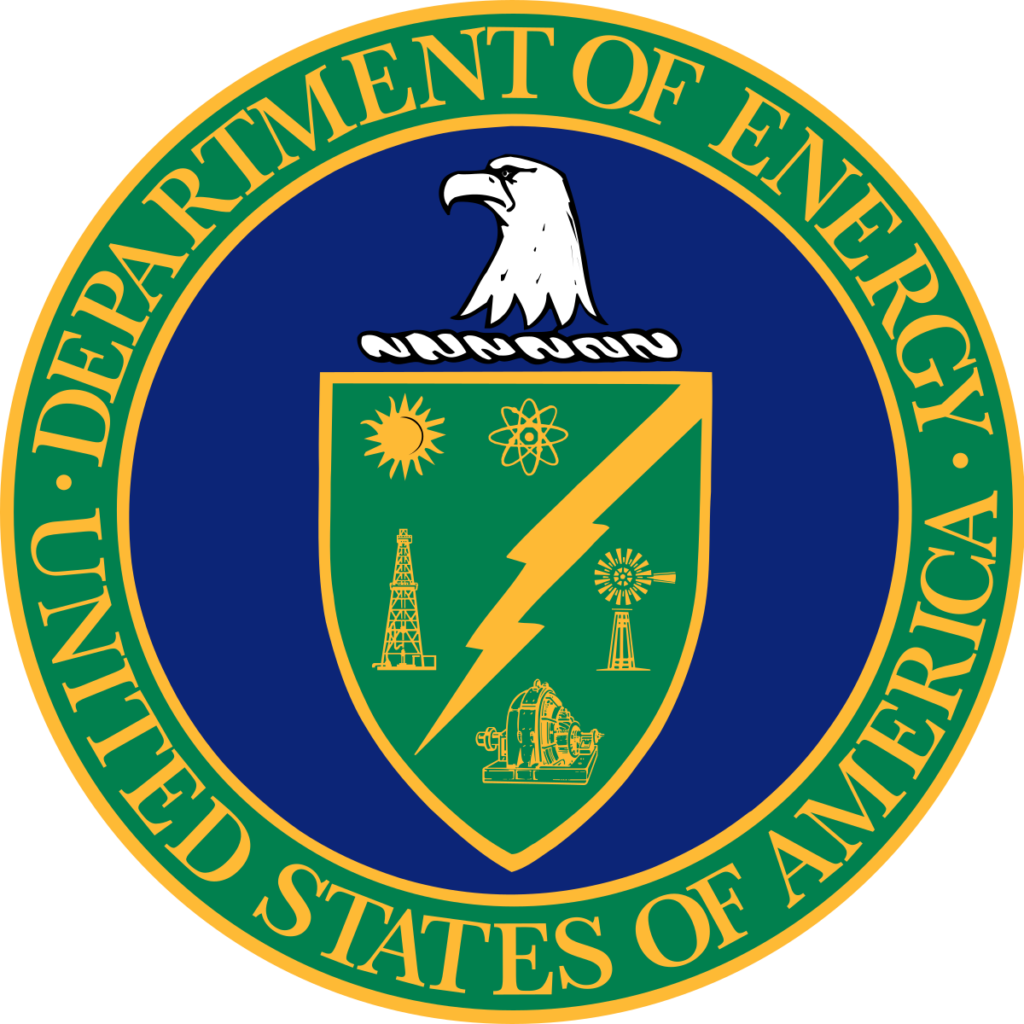Written by Tay Stevenson
October 23, 2017

Generation Atomic submitted an official comment on the US Department Of Energy’s recent Notice Of Proposed Rulemaking (NOPR) to the Federal Energy Regulatory Commission. You can read the full transcript of the comment here.
To the FERC:
On October 12, 2017, Secretary of Energy Rick Perry appeared before the US House Energy and Commerce subcommittee, emphasizing that his recent Notice of Proposed Rulemaking (NOPR) was intended to spark a national discourse on energy resilience. The position of Generation Atomic is that this dialogue is long overdue and the United States public is ready for it.
Generation Atomic is a 501(c)3 nonprofit, incorporated in the state of Minnesota on December 23, 2016. Generation Atomic was founded to energize and empower citizens of all generations to engage in our national discourse on the need for clean, reliable energy - specifically, our nation’s largest and most reliable source of carbon-free electricity: nuclear. Through its 501(c)4 affiliate, the Generation Atomic Movement Mobilizing Alliance (GAMMA), Generation Atomic has begun the work of engaging thousands of citizens in that discourse.
In Ohio alone, Generation Atomic has knocked on 46,741 doors, held 9,047 conversations, and committed 5,348 supporters of nuclear energy. Door to door campaigning and other grassroots organizing efforts have resulted in 9,015 direct actions to the state legislature. The high level of conversion indicates to us that the public in Ohio is inclined to support nuclear power for a variety of reasons that cut across the political spectrum including economic factors (50% of supporters), community and tax implications (32%), and support for nuclear as a carbon-free energy source (18%).
Through our work, we have found that thousands of thoughtful citizens understand and have a desire to participate in a discussion about how we power our economy and our lives. Based upon those conversations, Generation Atomic would like to observe the following to the Commission:
Our work indicates that the public values nuclear as an energy source. As the Department of Energy’s own Staff Report to the Secretary on Electricity Markets and Reliability (“Grid Study”) suggests: “Most … benefits [specific power plants offer] are not recognized or compensated by wholesale electricity markets, and this has given rise to a variety of state and private efforts that include keeping open or shutting down established baseload generators and incentivizing [variable renewable energy] generation.” Indeed, the public’s interest in energy resilience appears to end at the outlet, and is disconnected from state and local initiatives that are increasingly altering the energy policy landscape. As the Grid Study notes, policy instruments like Renewable Portfolio Standards (RPS) currently enacted in 29 states and the District of Columbia that represent 55% of electricity sales are driving deeper penetration of variable renewable energy (VRE) technologies. These policies have created market pressures that favor generation sources - such as natural gas - that can more quickly ramp up and down to track VRE output. The contours of this emerging policy landscape uniquely disadvantage nuclear, as evidenced by the Grid Study’s citing of “market conditions” as a contributing or decisive factor in the closure, announced closure, or averted closure of 12 of 16 nuclear facilities.
Policymakers and the public must be better engaged in a holistic discussion around energy policy to align its stated values with the instruments that drive electricity markets. Our data supports the assertion of the Grid Study that foremost among these values is economic growth; yet, despite the Nuclear Energy Institute’s finding that nuclear energy creates ten times the jobs of either wind or natural gas per megawatt of generating capacity, market conditions are driving up the share of electricity generated from VRE and gas sources at the cost of nuclear generation. Nuclear’s waning contribution to the nation’s electricity generation mix also directly undermines the goals of energy security and resiliency; nuclear’s performance during extreme weather events such as the 2014 Polar Vortex and Hurricane Harvey underscore the importance of nuclear energy to grid resiliency. Ironically, the public’s environmental goals have been undercut by the very state and local initiatives, designed ostensibly to lower emissions, that have contributed most significantly to these new market conditions; according to the US Energy Information Administration, the lost low-carbon electricity generation from the five nuclear generating stations closed between 2013 and 2017 are nearly equal to that of all US solar generation in 2015.
The facts are on the side of nuclear, and exposure to these facts through candid, thoughtful conversation leads to a high percentage of support from all types of citizens. Nearly three decades of state- and locally-led policymaking around VRE technologies have provided a clear path for achieving a robust policy framework that is federally-backed. Secretary Perry’s leadership in calling for a national dialogue by issuing this NOPR is therefore appreciated by Generation Atomic. Our work demonstrates that citizens do have a clear grasp of their values and goals with regard to powering their communities and our nation - even if current state and local policies neither reflect these values nor achieve these goals. Individual states must, therefore, be active participants in engaging the public in a discussion about resilience, carbon-intensity, and security of our energy. Much as state and local leaders have crafted policy instruments that have led to market conditions requiring this discussion, Generation Atomic submits that the next three decades of energy policy should follow a state-led, federally-backed pathway, focused on clearly enunciated values instead of preferred technologies. FERC can play a valuable role by directing states and regional transmission organizations to properly value the important attributes that nuclear power provides.
-The Generation Atomic Team



